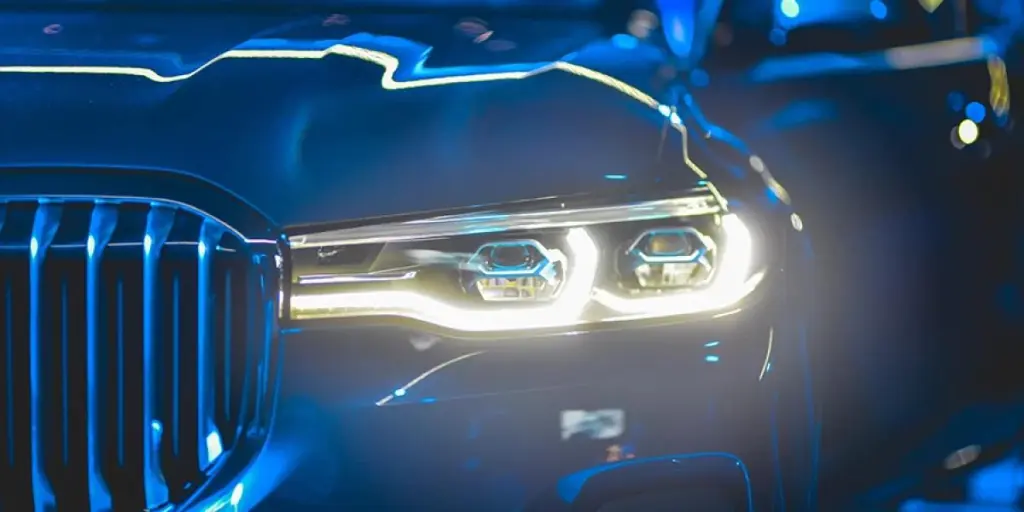The BMW Group is converting the initial filling of all diesel models produced in Germany to HVO 100. Neste MY Renewable Diesel is the HVO 100 fuel used at BMW Group plants, Munich, Dingolfing, Regensburg and Leipzig, which produce annually more than 50% of BMW Group’s Diesel-powered vehicles. Fuel from the Finnish manufacturer Neste enables a GHG reduction of up to 90% (Well to Wheel) over the life cycle of the fuel, compared to fossil diesel.
The initial filling at the plants before delivery to the BMW Group sales organization is five to eight liters, depending on the model.
Since the end of May 2024, paraffinic diesel HVO may also be sold at gas stations in Germany. The fuel is produced from various wastes such as cooking oils, as well as residues and other renewable raw materials. It meets high quality- and sustainability standards; palm oil is not used during production nor does the product consist of conventional biodiesel.
Compared with fossil-based diesel, HVO 100 is a higher-quality product and offers a host of technical advantages: as well as emitting less CO2, its chemical properties offer better cold start behavior. It is also resistant to microbial contamination (diesel plague) because of its purity.
To increase the availability of renewable fuels the BMW Group is calling for ambitious quotas of at least 30% real greenhouse gas reductions in the Renewable Energy Directive (RED III), which must be implemented in national law by the end of May 2025.
The BMW Group and Neste are working together to realize this potential. The BMW Group diesel engines, which are developed at plant Steyr (Austria), and almost all of them produced there as well, have been approved for the HVO 100 fuel in accordance with the European fuel standard EN 15940, starting with the production month of March 2015 for specific models and models.
The BMW Group is constantly testing the compatibility of new fuels for its engines, in addition to HVO 100, B10 and all e-fuels approved for diesel engines within the EN590 fuel standard—for gasoline engines, E25 and eFuels approved within the EN228 fuel standard. The use of higher regenerative components in the fuel is also a potentially important contribution to CO2 reduction in gasoline engines. However, to do this, the EU must extend the upper limit set in the outdated Fuel Quality Directive from the current E10 to E20 or E25.
Since March 2023, Neste-produced HVO 100 has also been used in BMW Group plant logistics trucks: On the motorway between Landau / Isar and the BMW Group plant in Munich, four trucks from logistics service provider Guggemos (GV Trucknet) have been driving the route several times a day. They supply the Munich parent plant on a just-in-time basis. This was extended to six more trucks.
These trucks belong to DB Schenker’s fleet and use shuttle services to transport warehouse parts from the BMW Group supply center in Eching for production in Munich. The trucks cover a good 40 kilometers on every round trip.
The BMW Group is also a new member of the eFuel Alliance. Together, the partners want to promote a pragmatic regulatory framework and a rapid market ramp-up for renewable fuels.
Source from Green Car Congress
Disclaimer: The information set forth above is provided by greencarcongress.com independently of Chovm.com. Chovm.com makes no representation and warranties as to the quality and reliability of the seller and products. Chovm.com expressly disclaims any liability for breaches pertaining to the copyright of content.




